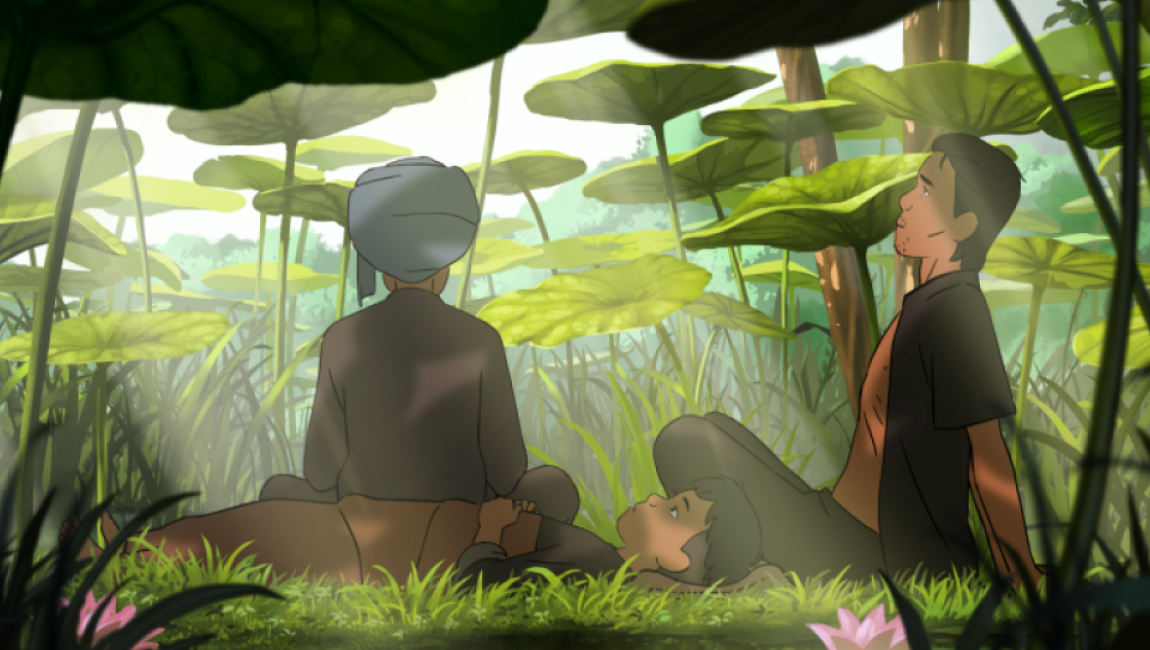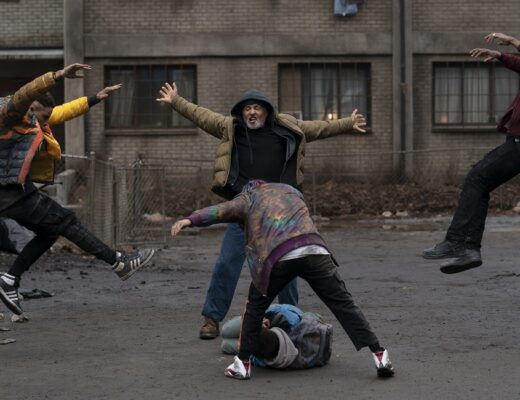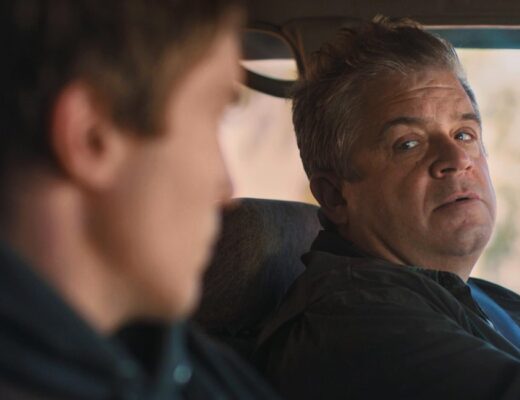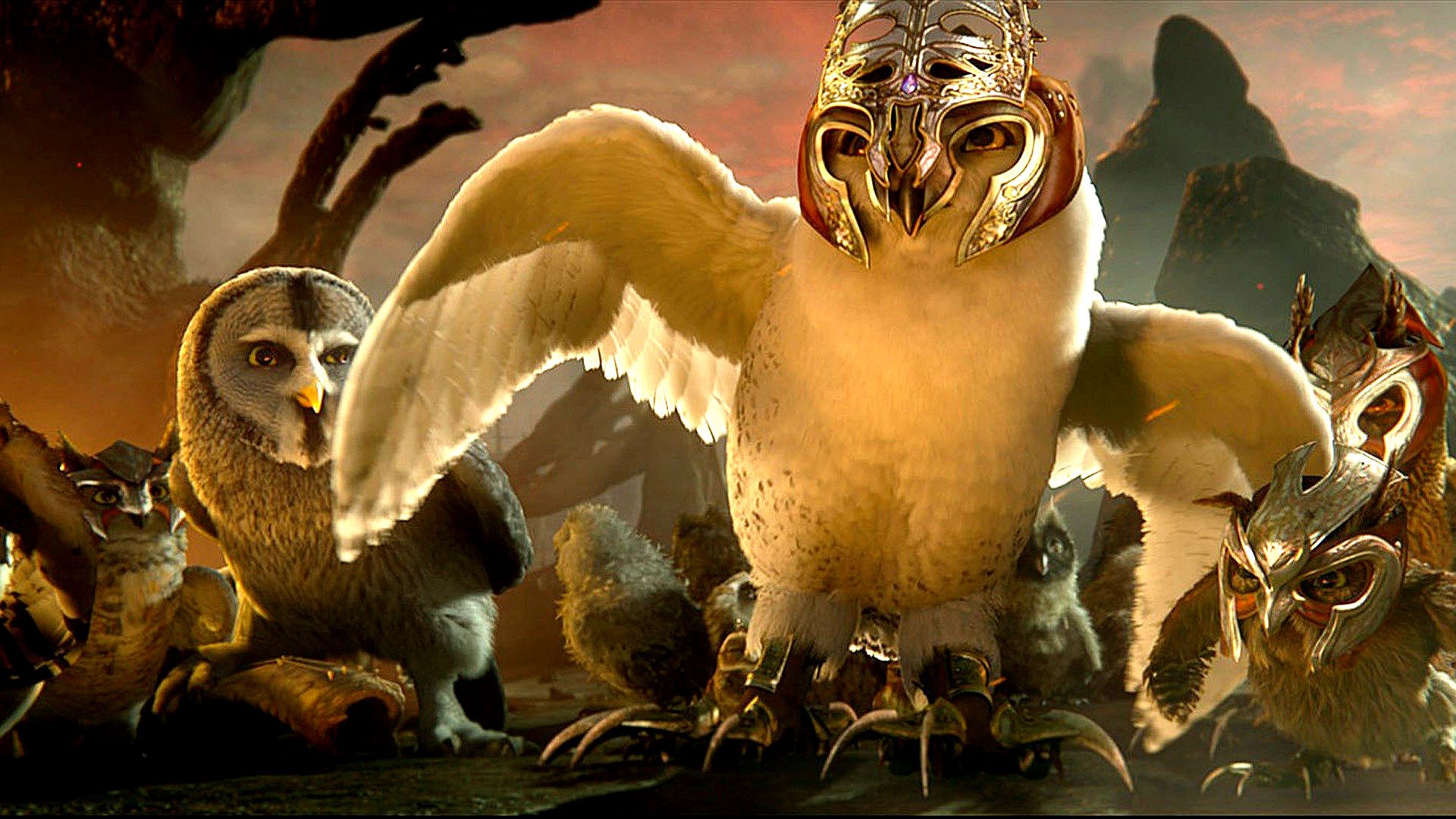Using animation to sensitize young audiences to the horrors in our world is not an altogether novel approach, particularly in the realm of international cinema — Hayao Miyazaki has long explored environmental destruction in his anime films, and Alê Abreu’s Boy and the World tackles the nightmarish disorientation of globalized industrialism on those unprepared for it. But concepts like these prove largely abstract to young minds, while the bleak historical specificity and innovative technique of films like Waltz With Bashir and Persepolis largely situate those films as adult-oriented. Isao Takahata’s Grave of the Fireflies, then — an anime about two children in Japan during the final months of World War II — feels like the true spiritual predecessor to Denis Do’s debut film, Funan, which bluntly depicts the atrocities perpetrated by the Khmer Rouge while maintaining the surface familiarity of a hand-drawn children’s movie.
Anchored by spare, soft-detailed animation in a mirroring of his no-frills approach to storytelling, Do subverts the innate tragedy by also supplementing with striking colors — dusky purple and twilight-hued pinks, often reflected on lake surfaces, frequent the background, while a grey and fire-gold palette inform the tense evening settings. Where Funan flags a bit is in its patterned approach to telling this story. Rather than delving into the Khmer Rouge’s ideological opposition to the free market and attempted neo-agrarian economic revolution, Do is content to present a mostly anonymous depiction of oppressive regimes and their ruinous reverberations. This results in, or was perhaps the product of, the film’s relatively narrow emotional focus: an unwaveringly determined father and embittered mother seek reunion with their young son, who has been separated from them after the forced relocation from Phnom Penh. Periphery characters (and their fates) are predominantly used as emotional buttresses, and the hop-ahead chronology means that tragedy is treated as a device. Yet, for all this narrative convenience, Do manages to lead his intimate portrait toward an affecting crescendo, the recognizable trappings ultimately giving way to something welcomingly, starkly, unresolved.
Published as part of June 2019’s Before We Vanish.







